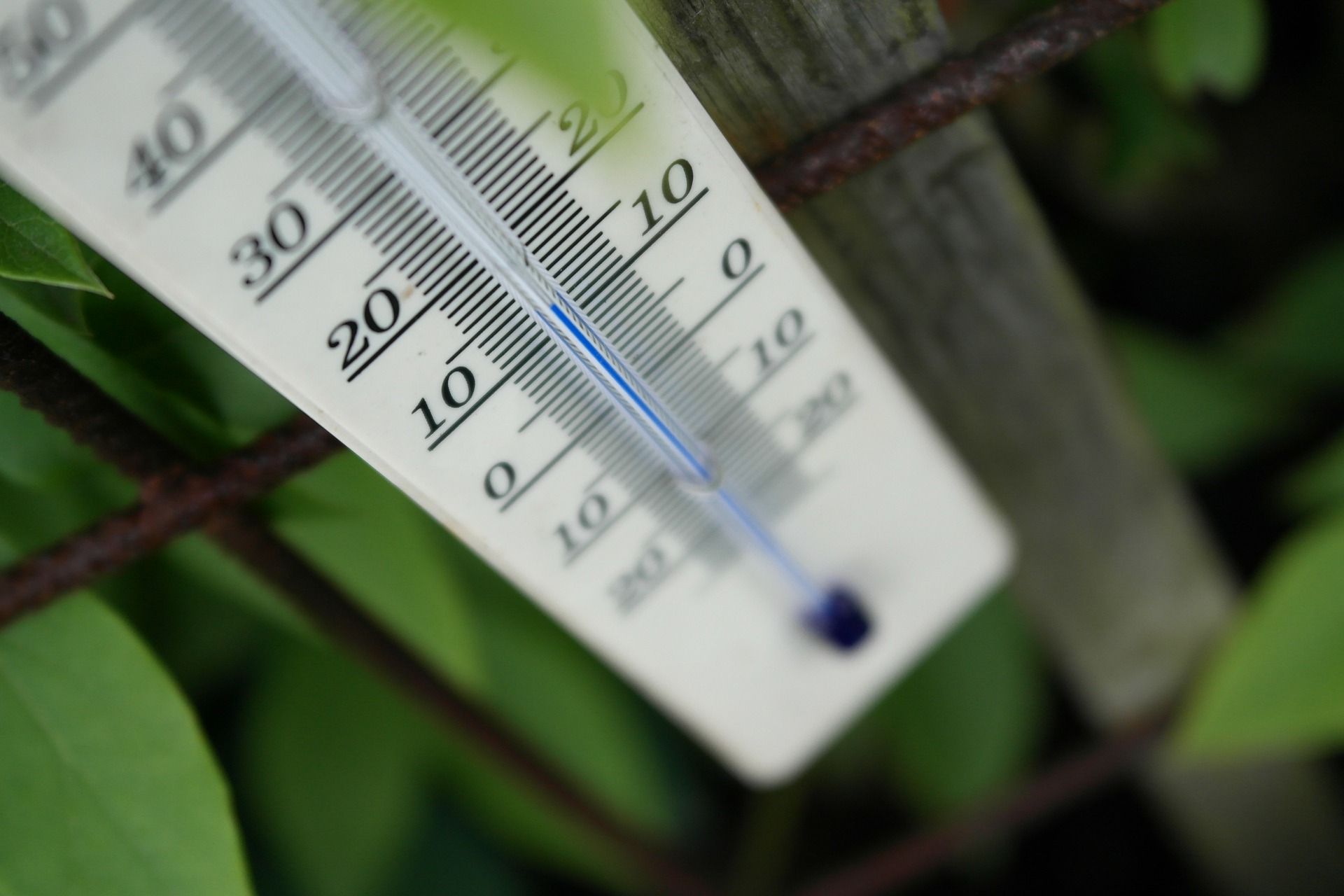If you’re familiar with houses situated in tropical countries such as the Philippines, more often than not there will be at least one air-conditioning (AC) unit installed within its four walls. With temperatures reaching dangerous levels especially during the peak of the summer season, it’s no surprise that most buildings in the country would be equipped with ACs.
Almost all closed spaces—cafés, restaurants, offices, and malls have air-conditioning units ready for use as soon as they open shop, and it’s almost hard to deny the fact that we go to these places to get away from the heat.
In a dialogue with Senior Advocacy and Policy Officer for Asia and the Middle East of Christian Aid Jessica Dator-Bercilla, she shared that the lower the temperature we navigate our ACs to, the higher the risk it poses against the possibility of having a much ‘cooler’ future.
“[When] you actually increase the coolant capacity, [you] emit more,” she said, referring to hydrofluorocarbons or HFCs—greenhouse gases first regarded as a strong alternative for coolants, until research showed that it is stronger by thousands compared to carbon dioxide (CO2).
“Not only do you emit more, because of the horsepower that’s used when you have to steer that to create this cooling capacity—[you use] up more energy, and I’m pretty sure right now we’re using fuel-based energy.”
Bercilla demonstrated a clear picture to the experts, journalists, and industry leaders present at the Climate Café organized by Climate Stories Philippines held Wednesday that there’s a big difference in adjusting a room’s temperature from 18 °C to 25 °C.
Energy demand to increase in 2040
Asia is becoming the center of the global energy system. Reports also show that air-conditioning is the next big thing for the region.
“They’re actually seeing that the primary energy demand in 2040 will actually increase and the highest global growth share will come from Asia, particularly from three different spots: India, China, and Southeast Asia,” Bercilla shared.
“If we do not address this—that energy demand actually translates to emissions, especially when our energy demand is fueled by fossil fuels; if this air-condition is made possible by refrigerants, cooling systems that uses HFCs —imagine the impact it will have on climate.”
To put it in simpler terms, how we regulate our use of refrigerators and ACs really does have an effect on energy demand. The goal is to keep this demand down and to lessen the pressure to build more energy plants—but how exactly can we do this?
Steering back to the basics: enter ‘energy democracy’ to phase-down HFCs
The problem about the energy crisis is that there are many players who can be held accountable for the adverse effects it has caused–from countries to companies, and institutions to key players.
The concept of energy democracy has been sprouting slowly as an answer to this problem, which mainly points to the important part the public must play in regulating energy production and consumption.
John Leo Algo, a graduate student specializing in atmospheric science and a researcher for the Manila Observatory, shares that one way to realize this is by being more energy efficient.
“Sometimes these best solutions do not have to be something that is so revolutionary that we’ve never seen before. Sometimes it’s about going back to the basics,” he said.
“For example, if you want to reduce your emissions, we can actually just be more energy efficient… you lower the HFC emissions, you make it more energy efficient, you lower CO2 emissions as well, so it benefits a lot more aspects of our life than we realize.”
Providing a detailed example, he shared, “so basically energy efficiency means for example one kilowatt hour consumption for air-con (sic) using one refrigerant—for example, HFC, versus one kilowatt for an alternative,” referring to refrigerant cooling alternatives.
“If it’s more energy efficient, it provides us with the same output but lower costs…Which means, lower emissions, lower energy use, more efficient, and it’s a lot of savings in the long run — not just economic, but also environmental.”
Despite the world getting warmer, efforts are showing positive effects
According to Algo, scientific reports show that as of 2015, the world is warmer by 0.84 °C. Today, it registers at approximately 1.0 °C.
However, following the success of the Montreal Protocol and the Kigali Amendment, efforts to lessen the effects have been fruitful. The target now is to phase-down HFCs and to reach the 1.5 °C goal of the said protocol.
“The world is warmer by 0.8 or 0.84 degrees Celsius to be exact, so we are already halfway towards what we’re trying to stop and we’re running out of time… but, according to scientific reports, if we phase-down HFCs, we can prevent 0.44 [degrees],” he said.
“That’s a big step.”
InqPOP!/Fidea Encarnacion
***
DISCLAIMER: All views and opinions expressed in this post are solely those of the contributor/s and do not represent those of InqPOP! and INQUIRER.net. All InqPOP! Creator Community submissions appear “as is,” without any editorial intervention. The InqPOP! staff assumes no liability for any error in the content of this material.
Got something you want to share to the world? Get a chance to publish your awesome creations and share it to the world through our InqPOP!Creator Community program. Send us your stories, videos, photos, fan fic, and even fan art at pop@inquirer.net
—
Read more from InqPOP!:
READ: This local youth group came together and made a statement on climate change
LOOK: American Graphic Designer turns Disney Princesses into inspiring career women
Costa Rica plans to ban fossil fuels and become world’s first decarbonized society
‘This is America’, shitposts, and why not everything is meme material
Skincare 101: Your how-to guide to healthy-looking skin this Summer



